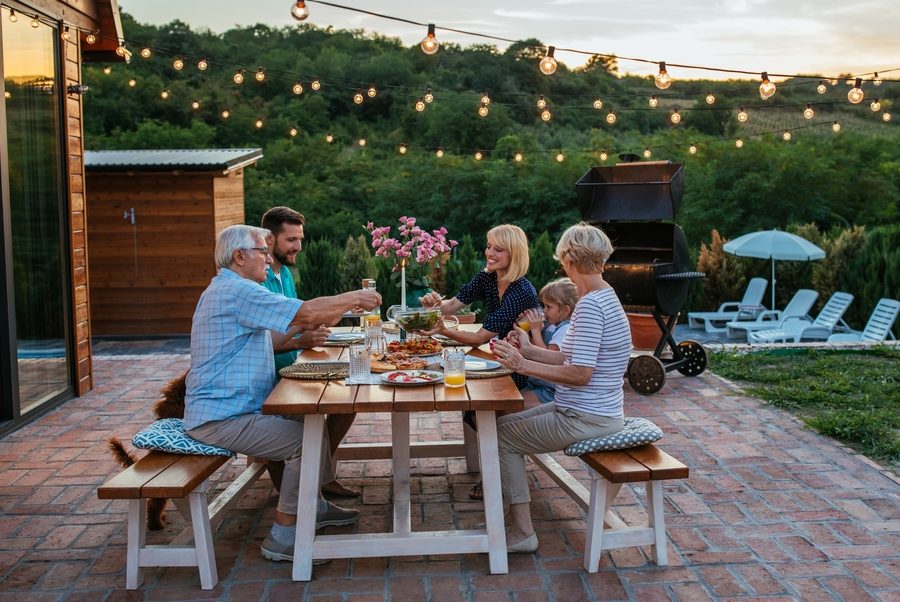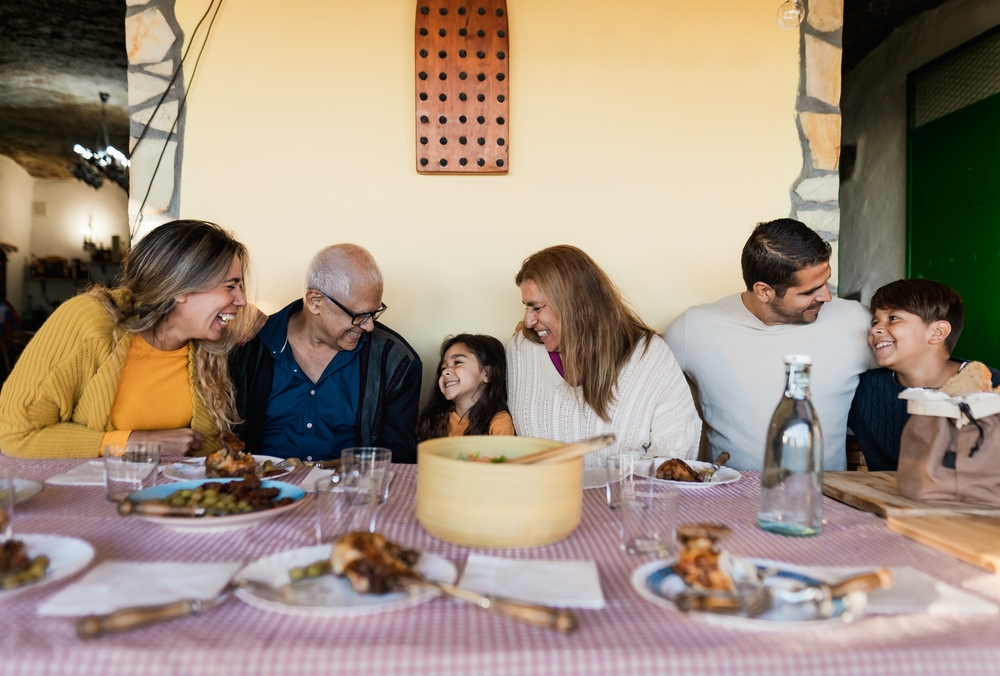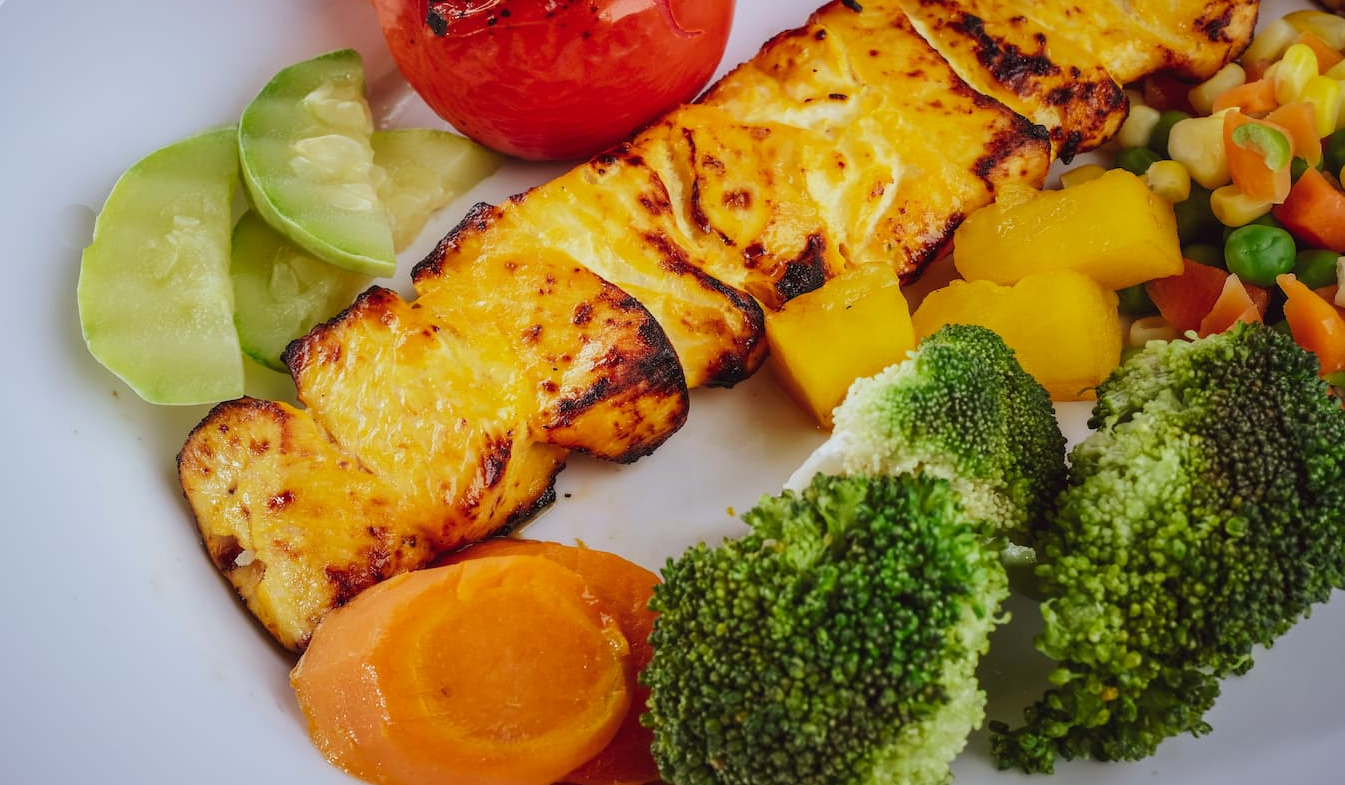Blue Zones are areas in the world where people live exceptionally long. There, people tend to live for 100 years and even longer. For instance, the Melis family from Sardinia, Greece holds the Guinness world record for having the longest life span, with a combined age of 828 years shared between nine siblings. Amazing longevity!
Long-livers of Blue Zones do not prepare magic elixirs for longevity and do not own portraits that will age instead of them. What these people do have is a healthy lifestyle with a plethora of tasty food and social interaction.
Let’s have a look at the practices of the Blue Zones centenarians that are easy to incorporate into daily routines and that are potent to increase one’s lifespan.
How to eat to 100: six nutritional solutions

Long-livers are the same people as you and me, and they do not follow any strict nutrition plan or engage in some extreme, time-consuming rituals to live long. The Blue Zone practices are, in fact, simpler than one can imagine and revolve around enjoying food and society.
1Eat most of your calorie intake in the first half of the day
According to an old saying we should ‘Breakfast like a king; lunch like a prince; dinner like a pauper.’ And this saying can be applied to almost all of the Blue Zones. People usually have bigger meals for breakfast, a moderate-sized lunch, and a light dinner. Having a snack throughout the day is a rare habit.
So, the majority of food is consumed in the morning hours. Nicoyans often have two breakfasts and a light dinner and Okinawans do not have dinner at all.
A study conducted in Israel observed that women on a diet who consumed 50% of their daily calorie intake at breakfast, experienced an average weight loss of 19 pounds over a 12-week period. The subjects also experienced positive drops in triglycerides, glucose, insulin, and hunger-inducing hormones.
2Eat at home

Centenarians do not have a habit of eating out, they prefer to have their meals home-prepared and leave eating out for special occasions and celebration days.
When you cook on your own you are totally in control of the ingredients and their quality. You can opt for the freshest products and stay away from flavour enhancers and sugars.
A study found that people who dined out consumed approximately 275 additional calories daily compared to those who ate at home. The reason behind this difference is that restaurant meals tend to be higher in calorie content. Although it may seem insignificant, consuming just 200 extra calories per day can lead to a weight gain of up to 20 pounds (9 kilograms) in a year, according to most estimates.
3Stop eating when 80% full
Hara hachi bu is a Confucian saying used by people of Okinawa and can be translated as ‘Eat until you are eight parts (out of ten) full.’
By recognising that it takes approximately 20 minutes for the sensation of fullness to register in the brain, the mnemonic technique of hara hachi bu helps individuals become more aware of their increasing satiety and prevents overeating. Adopting the practice could potentially lead the average American to lose around 17 pounds within the initial year.
4Fast
The long-livers of Blue Zones usually are of religious background and fast fasts. In Ikaria, an island with a strong Greek Orthodox tradition, fasting is observed for up to half of the year, with certain days dedicated to abstaining from eggs and meat, while other days involve complete avoidance of food. Similarly, devout Catholics in Sardinia and the Nicoya region observe a fasting period known as Lent, lasting for 40 days before Easter, during which they completely refrain from consuming meat.
Occasional fasting has been proven to stave off dementia, keep blood vessels healthy, benefit heart health, promote better blood sugar control, and stimulate weight loss. If you want to experience the health benefits of fasting, you may try intermittent fasting – a pattern of eating and not eating. The easiest way to do so is to schedule the time you eat during only 8 hours of the day. For example, if you have your breakfast at around 12 pm and one more meal at 6 pm, you will be fasting for around 15-16 hours. It may be hard at the beginning, but your body will get used to such a pattern in 2-3 days. What is more, fasting also has a positive influence on cognitive performance and makes us more concentrated.
5Share meals with family

One of the most important secrets of longevity is having a deep bond with friends and family. And Blue Zoners value time with their loved ones. In the Blue Zones, it is common for multiple generations of a family to live together in one house. Plus, they often visit their relatives and neighbours.
What long-livers also do is share meals with their close ones. A 2011 study conducted by the University of Illinois revealed that regular family meals, at least three times per week, have positive effects on health. These include a 12% lower risk of having excess weight, a 20% lower likelihood of eating unhealthily and a 24% higher possibility of eating healthy food.
6Do not restrict yourself, enjoy food
Diets of Blue Zoners vary significantly and cannot be described as restrictive. Sardinians love to indulge in a glass of wine daily, and American long-livers have whole wheat bread as their staple food. And there is nothing wrong with these food habits and, even though they can be referred to as unhealthy, they do not hinder longevity.
There is no need to force yourself to eat only ‘good food.’ There shouldn’t be a distribution of food into good and bad, and there is nothing wrong about eating a piece of pumpkin pie on Thanksgiving day or just eating ice cream because you crave it. Food is fuel and one of the greatest pleasures of life. Only healthy relationships with food can make you benefit from it.
Healthhack from Healthypedia
When you want to binge eat something that is not very nutritious and is coming out of your cravings, follow the ‘add, don’t restrict’ advice. What you have to do is to make your craving-food choices more nutritious. For instance, do not just eat a chocolate-chip cookie, instead take some Greek yoghurt for protein, berries for fibre, nuts for fat and on the top crumble in the cookie. This way you have a delicious, balanced dessert and do not feel deprived of a desired cookie.
Let’s summarise

Adopting some of the Blue Zones’ food rituals can have a positive impact on our lives. While certain practices like sharing meals with family may feel familiar, others, such as stopping eating at 80% full, might require a shift in our eating habits. However, witnessing the significance of these food rituals in the lives of centenarians across the Blue Zones, it is clear that they hold benefits for us as well. By finding a harmonious balance between savouring meals that we truly enjoy and making choices that promote longevity, we can enhance our well-being and cultivate a positive and beneficial relationship with food.
Not enough? Here is more
Dan Buettner and his team explore the Blue Zones, regions where people live vibrant lives well into their hundreds. In his TEDx talk, he reveals the nine shared habits of diet and lifestyle that contribute to their longevity and vitality.









